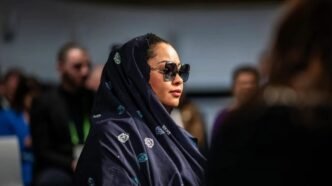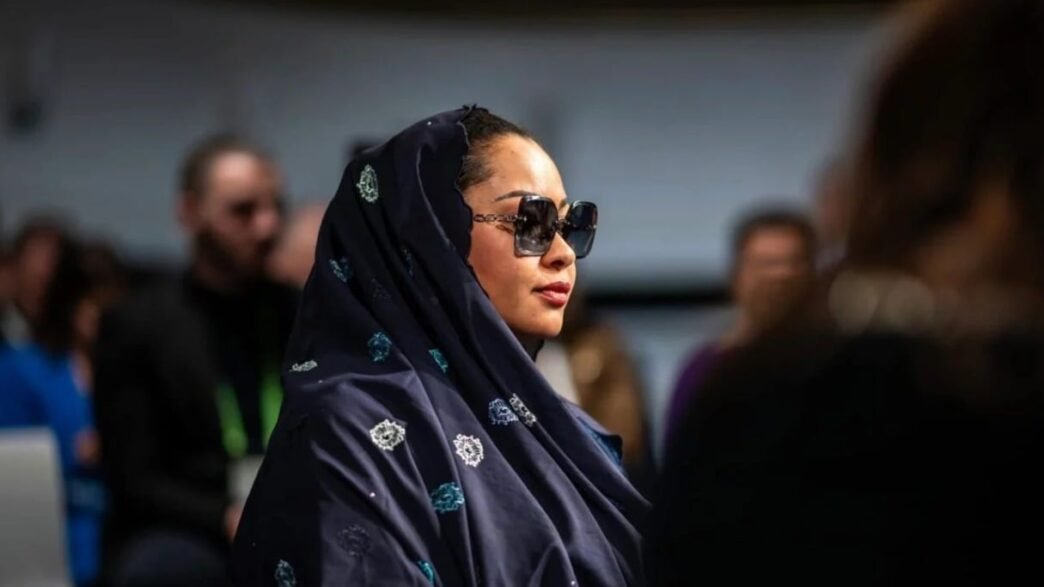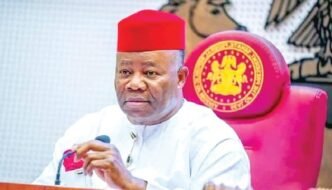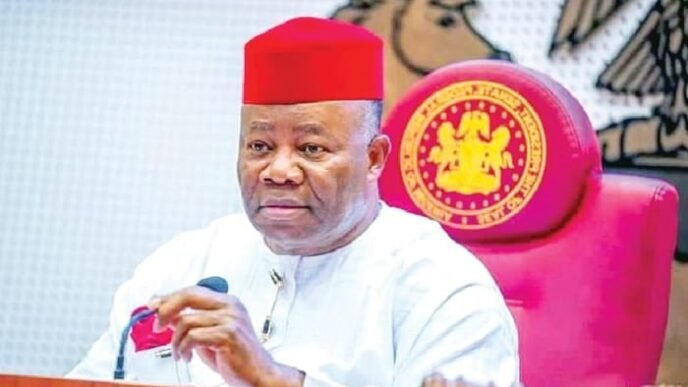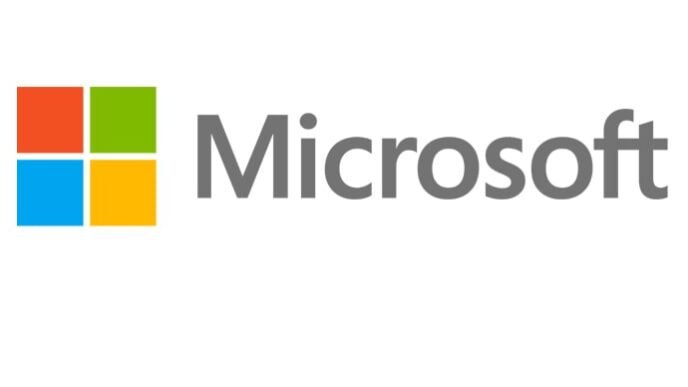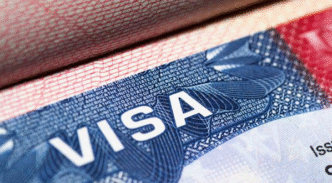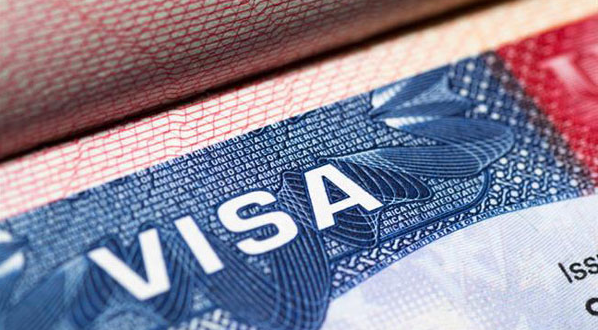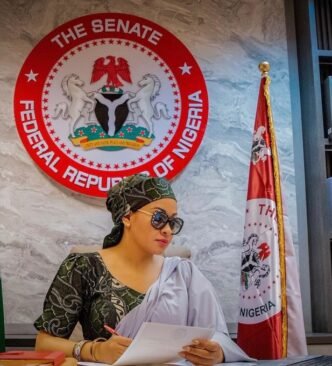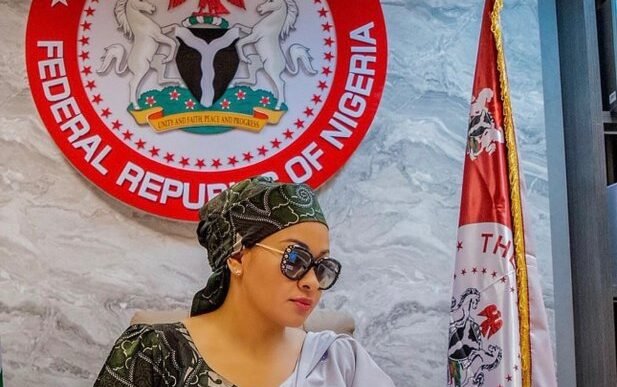In a fiery escalation of political and legal tension, Natasha Akpoti-Uduaghan, the Senator representing Kogi Central Senatorial District, has accused the Federal Government of Nigeria of practicing “double standards” in the handling of defamation cases. Her statement, delivered in Abuja following fresh reports of selective prosecution of political figures, has sparked a nationwide debate on freedom of expression, accountability, and the impartiality of Nigeria’s justice system.
The issue of defamation—already a contentious subject in Nigeria’s democratic space—has now taken center stage in the ongoing conversation about how the government wields its legal machinery. Senator Natasha’s remarks highlight not only her personal grievances but also wider concerns about the uneven enforcement of laws, especially as they relate to opposition figures and critics of the ruling establishment.
Natasha’s Accusation: “Justice Cannot Be Selective”
Senator Natasha minced no words when addressing the media. She accused the Federal Government of “using defamation as a tool of intimidation” against those who dare to challenge the status quo while shielding allies of the government who engage in similar or worse actions.
“Justice cannot be selective,” she declared. “We cannot have a situation where members of the opposition are hounded for expressing their opinions, while individuals close to the corridors of power enjoy immunity from the same laws. That is not democracy; that is intimidation wrapped in legal clothing.”
Her comments came in the wake of fresh legal moves reportedly initiated against critics of senior government officials, while other high-profile cases involving allies of the ruling party remain stagnant or dismissed without due process.
Background: Defamation in Nigeria’s Political Landscape
Defamation, broadly defined as false statements that damage a person’s reputation, is both a civil and criminal matter in Nigeria. In recent years, however, it has become increasingly politicized. Politicians and public officials often resort to defamation suits against journalists, activists, and opposition leaders.
Human rights groups have argued that such suits are less about protecting reputations and more about silencing dissent. Senator Natasha’s accusations underscore this concern, raising questions about whether Nigeria’s democracy is veering towards authoritarian tendencies under the guise of legal enforcement.
The Alleged Double Standards
Natasha highlighted several instances of what she termed “blatant double standards.”
- Swift Prosecution of Critics: Opposition politicians and civil society activists often face immediate arrests, charges, and prolonged court cases whenever they speak against the government or its officials.
- Impunity for Ruling Party Figures: By contrast, individuals aligned with the ruling party or government insiders, even when they make defamatory statements, are rarely subjected to the same legal scrutiny. Cases involving them either drag indefinitely in court or are quietly struck out.
- Media Harassment: Independent journalists who publish critical reports often find themselves threatened with lawsuits, shutdowns, or regulatory sanctions, further stifling press freedom.
“These double standards,” Natasha said, “erode the credibility of our justice system and weaken the very foundation of democracy. If the law is truly blind, then let it apply to all Nigerians equally—regardless of political affiliation.”
Legal Experts Weigh In
The Senator’s accusations have elicited strong reactions from legal practitioners.
- Barrister Kayode Adeola, a constitutional lawyer, said Natasha’s point cannot be ignored:
“There is an observable pattern in Nigeria where laws are applied differently depending on who is involved. Selective prosecution undermines the rule of law. If some are allowed to speak freely while others are gagged, then our democracy is compromised.” - Professor Chinyere Nwosu, a legal scholar at the University of Lagos, emphasized the dangers of weaponizing defamation:
“When defamation becomes a political tool rather than a legal principle, it discourages public debate and accountability. Politicians are public servants; they should expect scrutiny. Selective enforcement of defamation laws delegitimizes the legal system.”
Civil Society and Public Reactions
Civil society organizations have echoed Natasha’s concerns. The Socio-Economic Rights and Accountability Project (SERAP) criticized the apparent inconsistencies, urging the government to ensure fairness in the application of defamation laws.
“The government cannot claim to uphold justice if it allows allies to operate above the law while punishing critics,” SERAP said in a statement. “Such practices breed distrust in governance and fuel political instability.”
On social media, Nigerians quickly took sides. Supporters of Natasha praised her courage in confronting the government, describing her as a “voice of reason” in an era of political intimidation. Critics, however, accused her of politicizing legal issues, arguing that defamation charges must be pursued regardless of political affiliation.
Political Implications
Senator Natasha’s bold statements carry significant political weight. As a prominent female legislator and a rising star in Nigeria’s political space, her accusations against the Federal Government could galvanize opposition forces ahead of future elections.
By framing the issue as one of justice, fairness, and democracy, Natasha positions herself not just as a regional leader but as a national voice for accountability. Analysts suggest that her comments could rally both grassroots supporters and elite allies who feel similarly marginalized by selective governance.
The Government’s Response
While the Federal Government has not issued a direct reply to Natasha’s accusations, sources within the administration insist that “all cases of defamation are treated on their merits.”
A senior government official, who spoke on condition of anonymity, dismissed Natasha’s claims as “political theatrics,” arguing that the judiciary operates independently and without interference from the executive.
However, observers note that the perception of bias—whether true or not—poses a significant challenge for the government’s credibility both at home and abroad.
The Larger Debate: Freedom of Speech vs. Reputation
The controversy sparked by Natasha’s accusations also reignites the broader debate about the balance between freedom of speech and the protection of individual reputations in Nigeria.
- Pro-freedom advocates argue that public officials must develop a higher threshold for criticism, given their positions of authority and influence.
- Defamation defenders counter that unchecked speech can harm reputations irreparably, and therefore legal recourse is necessary.
Yet the central issue remains: if the law is to be respected, it must be applied consistently and fairly—not selectively.
International Perspective
Globally, Nigeria’s handling of defamation cases has attracted scrutiny from organizations like Amnesty International and Human Rights Watch. Both have criticized the country’s criminal defamation laws as outdated and incompatible with modern democratic practices.
By highlighting double standards, Natasha’s comments could intensify international pressure on Nigeria to reform its legal approach to defamation, ensuring greater protection for free speech while balancing reputational rights.
Conclusion
Senator Natasha Akpoti-Uduaghan’s accusation that the Federal Government is guilty of double standards in handling defamation cases has opened a fresh chapter in Nigeria’s ongoing democratic conversation. Her words resonate beyond partisan politics, raising urgent questions about the rule of law, judicial independence, and the future of free expression in the country.
Whether one views her remarks as bold truth-telling or political posturing, the debate they have sparked is undeniable. At its core, Natasha’s position underscores a simple but profound demand: that justice must be equal, impartial, and free from political manipulation.
As Nigeria continues to navigate the challenges of governance, democracy, and accountability, the coming months may reveal whether the government will address these concerns—or whether accusations of double standards will persist, eroding public trust in the justice system.

